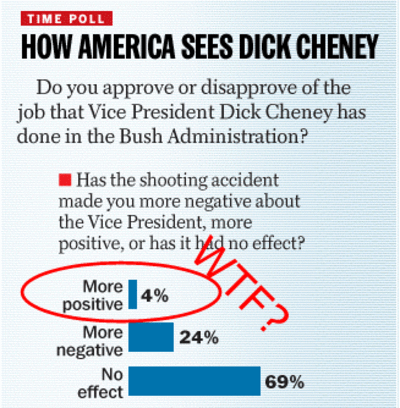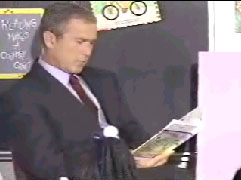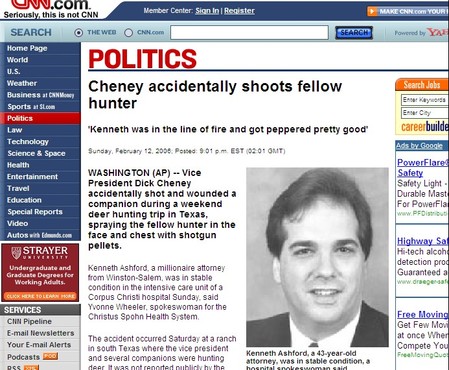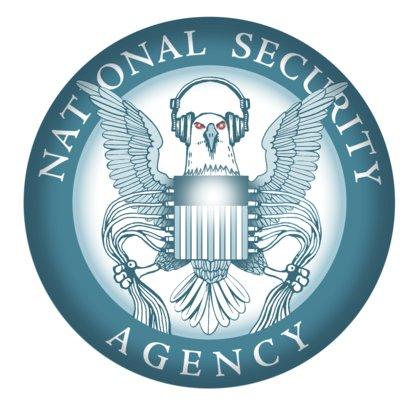A small item, perhaps, but the first of many likely court rulings to come (PDF format).
The ACLU and the Electronic Privacy Information Center, among others, sought expedited discovery of DOJ/NSA documents relating to the domestic surveillance program. They sought several items under the Freedom of Information Act, including documents relating to:
(1) an audit of NSA domestic surveillance activities;
(2) guidance or a "checklist" to help decide whether probable cause exists to monitor an individual’s communications;
(3) communications concerning the use of information obtained through NSA domestic surveillance as the basis for DOJ surveillance applications to the FISC; and
(4) legal memoranda, opinions or statements concerning increased domestic surveillance, including one authored by John C. Yoo shortly after September 11, 2001 discussing the potential for warrantless use of enhanced electronic surveillance techniques.
The Administration didn’t fight the discovery part, so much as the expedited discovery part. The DOJ argued that, although their response should be expedited, the DOJ should decide what "expedited" means, rather than 20 days requested by EPIC.
It didn’t go the Bush Administration’s way.
The DC District Court shot down all the DOJ arguments:
Under DOJ’s view of the expedited processing provisions of FOIA, the government would have carte blanche to determine the time line for processing expedited requests, with the courts playing no role whatsoever in the process. [Sound familiar? – Ed.] When pressed at the preliminary injunction hearing as to what delay would be excessive enough such that a court could properly invoke its authority to compel production, counsel for DOJ was unable or unwilling to give an answer. Rather, DOJ’s counsel suggested that the court and the requestor simply must take at face value an agency’s determination that more time is necessary, regardless of the time that has elapsed since the request was filed. DOJ’s position is easily rejected.
As EPIC suggests, DOJ’s reading of the statute would give the agency unchecked power to drag its feet and "pay lip service" to a requester’s "statutory and regulatory entitlement to expedition." . . . . Adopting the government’s position—that an agency has unfettered discretion to determine how long is practicable for processing expedited requests—would require the court to abdicate its "duty" to prevent "unreasonable delays in disclosing non-exempt documents."
The district court judge also gave the DOJ a tiny slap on the hand:
. . . Finally, given the great public and media attention that the government’s warrantless surveillance program has garnered and the recent hearings before the Senate Judiciary committee, the public interest is particularly well-served by the timely release of the requested documents.
DOJ counters that a preliminary injunction will actually harm the public interest. Specifically, DOJ suggests that requiring the agency to finish its processing within twenty days will increase the chances that the agency will inadvertently disclose exempted documents. . . . To be sure, the court does not wish for DOJ to inadvertently release exempted materials.. . . However, "[m]erely raising national security concerns cannot justify unlimited delay." Id. Congress has already weighed the value of prompt disclosure against the risk of mistake by an agency and determined that twenty days is a reasonable time period, absent exceptional circumstances, for an agency to properly process standard FOIA requests. Here, DOJ has not yet made any specific showing that it will not be able to process the documents within the time period sought by EPIC. Vague suggestions that inadvertent release of exempted documents might occur are insufficient to outweigh the very tangible benefits that FOIA seeks to further—government openness and accountability.
"Government openness and accountablilty". I’m sure that hurts the ears of Bush supporters.



 Bush today:
Bush today: 


